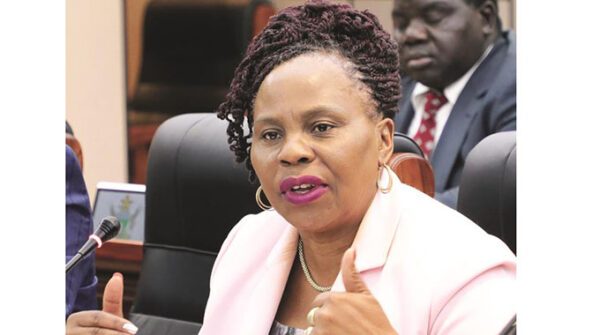Could Zim be heading for nuclear energy breakthrough?

For several years, it has been known that Zimbabwe hosts some uranium deposits in Kanyemba area (Mbire District) near the border with Zambia and Mozambique along Zambezi River Valley.
But no major works have been done to confirm the quantities of uranium and whether they are large enough to support a viable mine.
However, the uranium project meant to provide alternative electricity to the country has always been on the Government’s agenda. In the 1990s, the late President Robert Mugabe is reported to have mentioned Zimbabwe’s intention to acquire a nuclear reactor from Argentina while in 2005, he said the discovery of uranium will go a long way in further enhancing the government’s rural electrification programme.
This week, Cabinet approved the framework for cooperation with the Russian Federation State Atomic Energy Corporation, which among other issues seeks to develop technical expertise required tap into nuclear energy.
Information, Publicity and Broadcasting Services Minister Monica Mutsvangwa, told a post-Cabinet briefing the memorandum seeks to facilitate higher-level cooperation between the two countries in the use of nuclear energy.
“The anticipated cooperation in the use of nuclear energy for peaceful purposes will provide alternative sources of energy which Zimbabwe needs,” Mutsvangwa said.
Zimbabwe, like many other African countries is exploring various alternatives cleaner energy sources like wind, solar and methane gas as it seeks to boost power supplies and reduce carbon emissions from fossil fuel-based power production.
Currently, South Africa is the only country in Africa with a commercial nuclear power plant. But according to the International Atomic Energy Agency (IAEA), a third of the almost 30 countries around the world considering adopting nuclear power are in Africa. Ghana, Kenya, Egypt, Morocco, Niger, Nigeria and Sudan have engaged with the IAEA to assess their readiness to embark on a nuclear programme, and Algeria, Tunisia, Uganda and Zambia are mulling the possibility, according to the agency.
In southern Africa, the push to consider nuclear power is being driven in part by drying of hydroelectric dams as a result of climate change, Reuters reported in April last year. Those dams – particularly Lake Kariba — provide a majority of the electricity to many southern Africa nations, from Zimbabwe to Zambia. Experts say it is time Zimbabwe should conduct a feasibility study to ascertain if the nuclear deposits warrant establishment of a viable mine.
“We have known of uranium deposits but what is not known is if Zimbabwe has enough stocks to support a viable mine,” said one mining executive who worked for two state-owned mining firms. “I think it is an area which this partnership should work on; coming up with a feasibility study with investors can bank on.”
Energy and Power Development Minister Zhemu Soda said the “MoU marks the beginning of the journey” of taping into nuclear energy.
“We want to learn from how Russia achieved,” said Soda. “This will help Zimbabwe to fully engage in nuclear energy.”
Business Weekly


